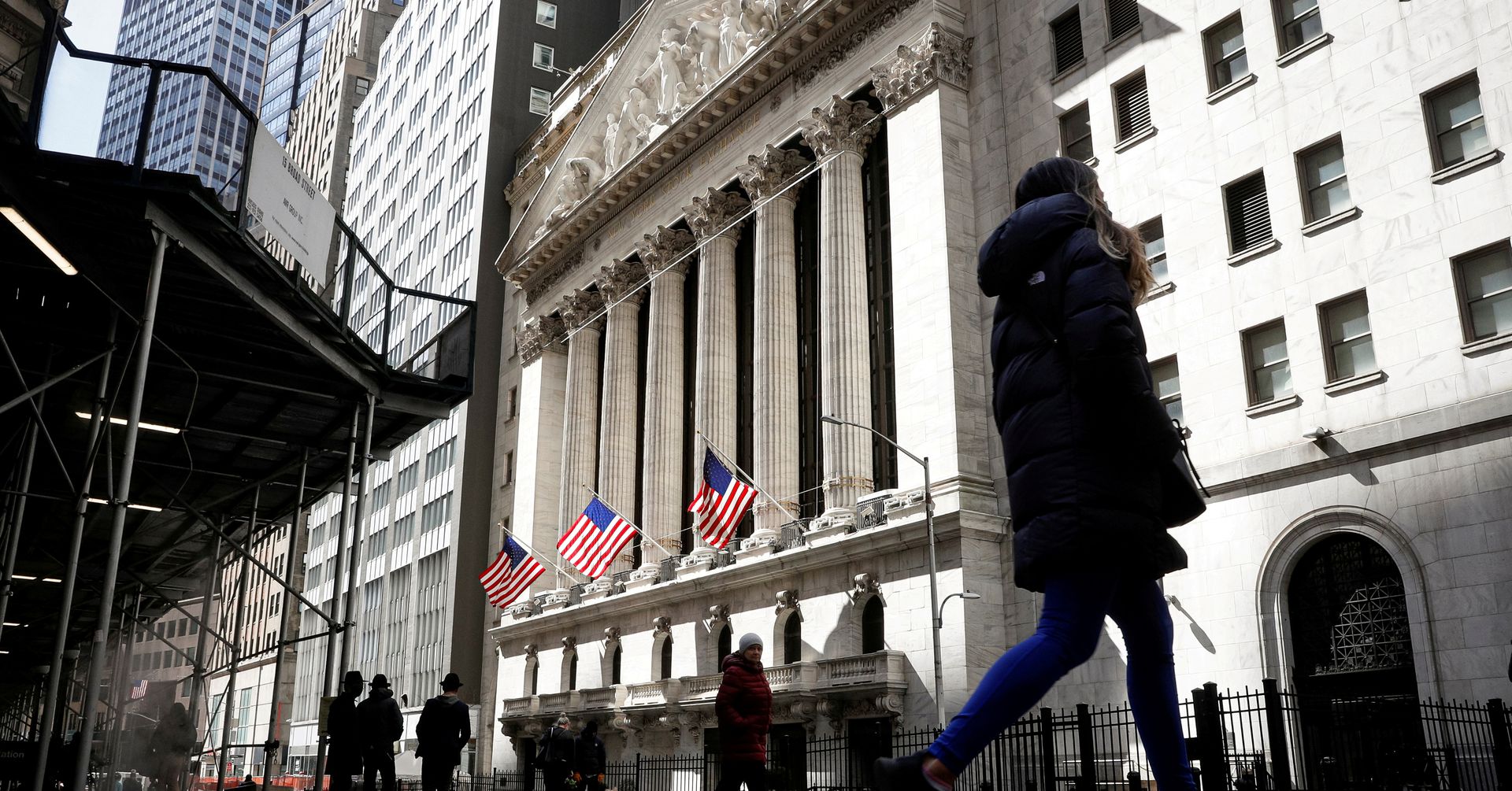
Bank of America Corp. scaled back work with some SPACs, part of a retreat by banks including Goldman Sachs Group Inc. and Citigroup Inc. from blank-check firms over concern about potential liability risks associated with the vehicles.
The Charlotte, North Carolina-based lender ended its relationships with some of the special purpose acquisition companies it helped take public while reviewing its policies for working with such vehicles, according to people familiar with the matter. The bank has been in discussions with clients on navigating the current environment and is continuing selective work with some deals, said the people, who asked not to be identified as discussing private information.
Bank of America is concerned about sweeping new guidelines from the Securities and Exchange Commission that would expose underwriters to greater liability risk, the people said. Goldman is also pulling out of working with most SPACs it took public because of the proposed SEC rules, Bloomberg News reported earlier Monday. Citigroup paused initial public offerings of new U.S. SPACs until it gets more clarity on the potential legal risks posed by the guidelines, Bloomberg reported last month.
At Bank of America, the situation is fluid and policies could change — with the potential for a further pullback — depending on the outcome of the regulatory proposals, the people said.
A Bank of America representative declined to comment.
Together, Bank of America, Citigroup, and Goldman accounted for more than 27 percent of U.S. SPAC deals since the start of last year, overseeing about US$47 billion of the transactions, according to data compiled by Bloomberg.
The pullback by Bank of America and other Wall Street giants poses a risk to sponsors of SPACs that are already public. SPACs, also known as blank-check firms, list on public stock exchanges to raise money so they can buy other companies. A SPAC works with its adviser even after going public to complete its merger with a target firm, known as the de-SPAC transaction. If it fails to complete that deal, it’s forced to return capital to investors.
SPACs were the hottest toy on Wall Street over the past couple of years, drawing financiers, politicians, and celebrities, who were able to make easy millions from investors piling into the investment vehicles. The new SEC guidelines have helped put an end to the party. U.S. lawmakers and investor advocates have argued that blank-check listings were bypassing rules imposed on traditional IPOs and exposing retail shareholders to extra risks.
The SEC’s proposal would require SPACs to disclose more information about potential conflicts of interest and make it easier for investors to sue over false projections. Even before the draft rules were announced, souring markets and the plunging shares of prominent companies that went public by merging with blank-check firms had cast a chill on the market.


